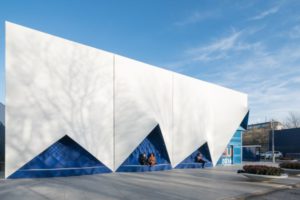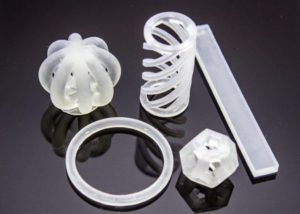Henkel, leading global supplier of high performance materials for critical applications, is focused on developing novel filament and powder materials in the additive manufacturing field.
Henkel supplies light cure acrylic, silicone, epoxy and polyurethane adhesives which are commonly used in the medical, electronic and automotive industries. The company also supplies hotmelt adhesives.
These materials have already been introduced into additive manufacturing, being used to 3D print functional applications for furniture and buildings. The company plans to use this wide range of technology expertise to offer novel light cure resins for use in SLA/DLP printing. The first of these new materials will be commercialized in 2017.
3D Printing is a fast growing technology leveraged by designers across nearly all industries to help enable new designs and accelerate time to market. 3D printed parts are used for prototyping to validate fit and function. In some cases, the 3D printed assembly itself is part of the final assembled good, which is typically referred to as additive manufacturing.
“Thanks to our broad material portfolio and our large customer base across different industries, we have the access and ability to enable 3D printed solutions for all kinds of functional applications,” explained Mike Olosky, Corporate Senior Vice President and Global Head of Innovation and New Business Development at Henkel Adhesive Technologies. “We believe strongly in the future of additive manufacturing and expect that its full potential will come by identifying the right customer application and focusing the right materials, with the right printing process and leveraging the right software.”
Besides the development and formulation of suitable materials, Henkel demonstrates its 3D printing expertise through the partnership with the Dutch design and architecture start-up DUS Architects, who initiated the canal house project in Amsterdam in 2014.

The blue facade of the Europe Building was 3D printed from a sustainable bioplastic developed by Henkel
With the help of a giant 3D printer (installation space 2 x 2 x 3.5 meters) a house façade, including the interior walls, made up of 42 components is to be printed and constructed by 2017. Earlier this year, DUS designed the façade of a mobile conference building in Amsterdam. The individual elements were manufactured using Henkel hotmelt adhesives based on sustainable raw materials, and then injected with concrete. The bioplastic material provides the individual components with high consistency and stability, and can easily be recycled.



